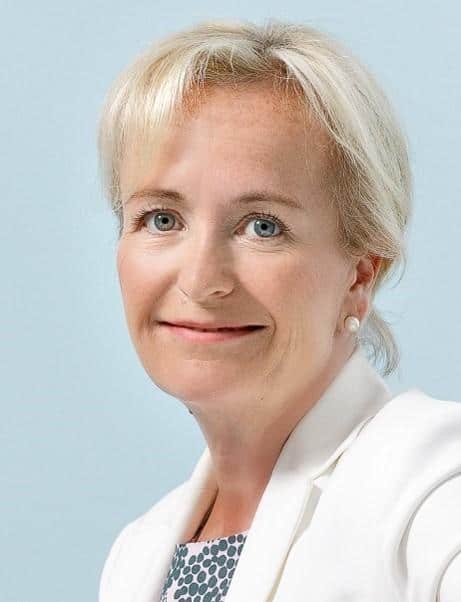In the near future, information about the effectiveness of medical treatment recorded at patient visits will turn into valuable data, which can be directly used to evaluate the effectiveness of treatments.
ONCOVALUE is an excellent example of international cooperation where everything happens much faster as strengths and skills are shared and learned from each other. In this consortium, formed by six European cancer hospitals and three technology companies, parties have bundled resources and knowledge to research and pioneer new ways to share data across the EU. The project is funded by the European Union and will cover a four-year span of research.
The consortium has just finished its first year which has been focused around aligning data and its applications. When it comes to cancer treatment, patient recorded outcome measures (PROMs) such as quality of life (QoL) are an important measurement.
Assessing effectiveness

Helsinki University Hospital (HUS) patients’ key details of their breast cancer treatment are recorded using predefined standardized documenting templates in the Apotti electronic medical record (EMR) system. Apotti is the EMR system used in HUS, which is a highly structured system based on EPIC. The patient reports on quality of life by recording their symptoms in the EPIC patient portal. All this information and the results of diagnostic tests end up directly in the local data lake. From there, with the help of new technology being developed in the ONCOVALUE project, this information can be used more easily to assess the everyday effectiveness of breast cancer treatment.
In recent years, researchers have begun studying the real world effectiveness of drug therapies more and more. “There is still room for improvement in the treatment outcomes of most cancers. It is therefore encouraging that new and more targeted cancer drugs are constantly being developed. As diagnostic methods evolve, large disease groups will be fragmented into smaller subgroups, which means that a new drug may be approved with less and less research evidence. It is therefore important to ensure that treatment outcomes are equally good in the real world,” says Johanna Mattson, the director of the HUS Comprehensive Cancer Center and the scientific and clinical lead of the ONCOVALUE consortium.
Automated data collection and analytics
The ONCOVALUE project successfully secured EU funding from a call where the aim is to develop new methods to use Real-World Data (RWD) in regulatory and Health Tech Assessment (HTA) decision-making.
“We are first looking for a solution for cancer drugs, and we are now setting up a method that is as effortless and automated as possible to collect, harmonize and analyze treatment results from our patient information system,” says Mattson.
The technology and methods being built in the project will enable standardized and automated data collection. The data is transferred to the HUS data lake in real-time. In this way, the data lake will continuously accumulate data that will in turn be used to evaluate the effectiveness of treatments.
“We are currently putting together a toolkit, and soon we will start testing and validating it using common use cases in the hospitals involved in the project. If our approach proves to be effective, it can be replicated for other diseases as well,” says Mattson.
This article was adapted from an article that was published in Finnish on the website of HUS. To visit the original article, please go to the website of HUS.
